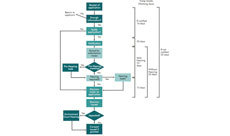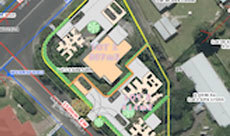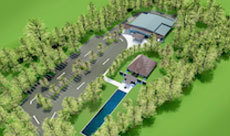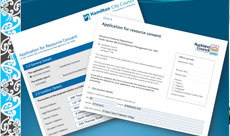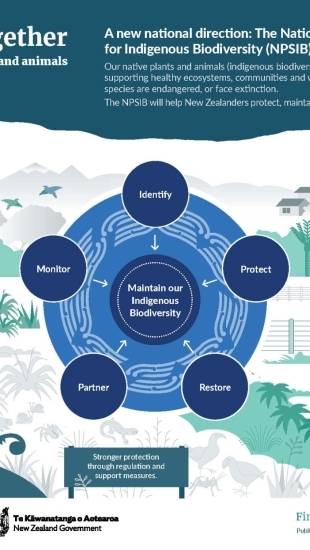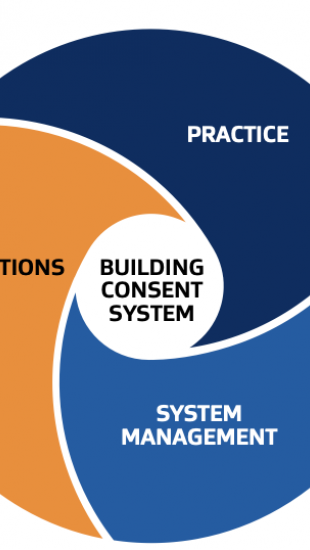Fast-track Consenting Act 2020 came into effect on 9 July

The COVID-19 Recovery (Fast-track Consenting) Act 2020 (the Act) came into effect on 9 July
The Resource Management Act 1991 (RMA) will remain the primary legislation to manage the built and natural environment.
The fast-track consenting legislation does not amend the RMA itself. It only provides an alternative consenting pathway.
Environmental management safeguards are built into the legislation.
The COVID-19 Recovery (Fast-track consenting) Act is a necessary response to the social and economic effects of COVID-19 and is a short-term intervention to support recovery. It will not resolve the fundamental issues in our resource management system. The report on the comprehensive review of the resource management system was delivered to the Minister in late June 2020. Until the reform of the resource management system is in place, the RMA is still the main pathway for resource consenting for all other projects.
The COVID-19 Recovery (Fast-track Consenting) Act 2020 enables eligible infrastructure and development projects to start as soon as possible to boost growth and support the transition to a low-emissions, sustainable and resilient economy.
What it provides
The Act provides an expedited resource consenting and designation processes for eligible projects. Decisions under the Act are made by an expert consenting panel, rather than by local authorities. The expert panels will be convened by a current or former Environment Judge and will receive administrative support from the Environmental Protection Agency. Seventeen projects have been listed in the Act as eligible for the fast-track process. The Minister for the Environment (and the Minister of Conservation, if any part of the project would occur in the coastal marine area) has a broad discretion to refer further projects or parts of projects to the process via Order in Council. Before doing so, the Minister must invite comments from on the proposed project from relevant local authorities and Ministers.
Projects listed in the Act
The first track applies to the projects listed in Schedule 2 of the Act. These listed projects are automatically eligible for fast-track consenting and will progress directly to the Expert Consenting Panels for consideration.
Applications
Applications to the expert panel for eligible projects must meet specified information requirements, including specific Treaty settlement matters. If an application meets the information requirements, the expert panel must within 5 working days invite comments from specified people and groups, which must then be provided within a further 10 working days. This process does not amount to notification and does not give any right to be heard, although the expert panel may in its discretion decide to hold a hearing. The expert panel has 25 working days to determine the application, although this may be extended by up to 25 working days if the nature and scale of the application requires, or varied in the order referring the project. The expert panel may only decline the projects listed in the Act in limited circumstances. Standard RMA decision making provisions apply to projects that are subsequently referred to the process, although there is an additional obligation to act in a manner that is consistent with the principles of the Treaty of Waitangi and Treaty settlements.

Appeals
Appeals to the High Court are available to people specified in the Act and limited to questions of law. Judicial review remains available but must be filed at the same time as any appeal. Further appeals are available to the Court of Appeal, with the decision of that court being final.

